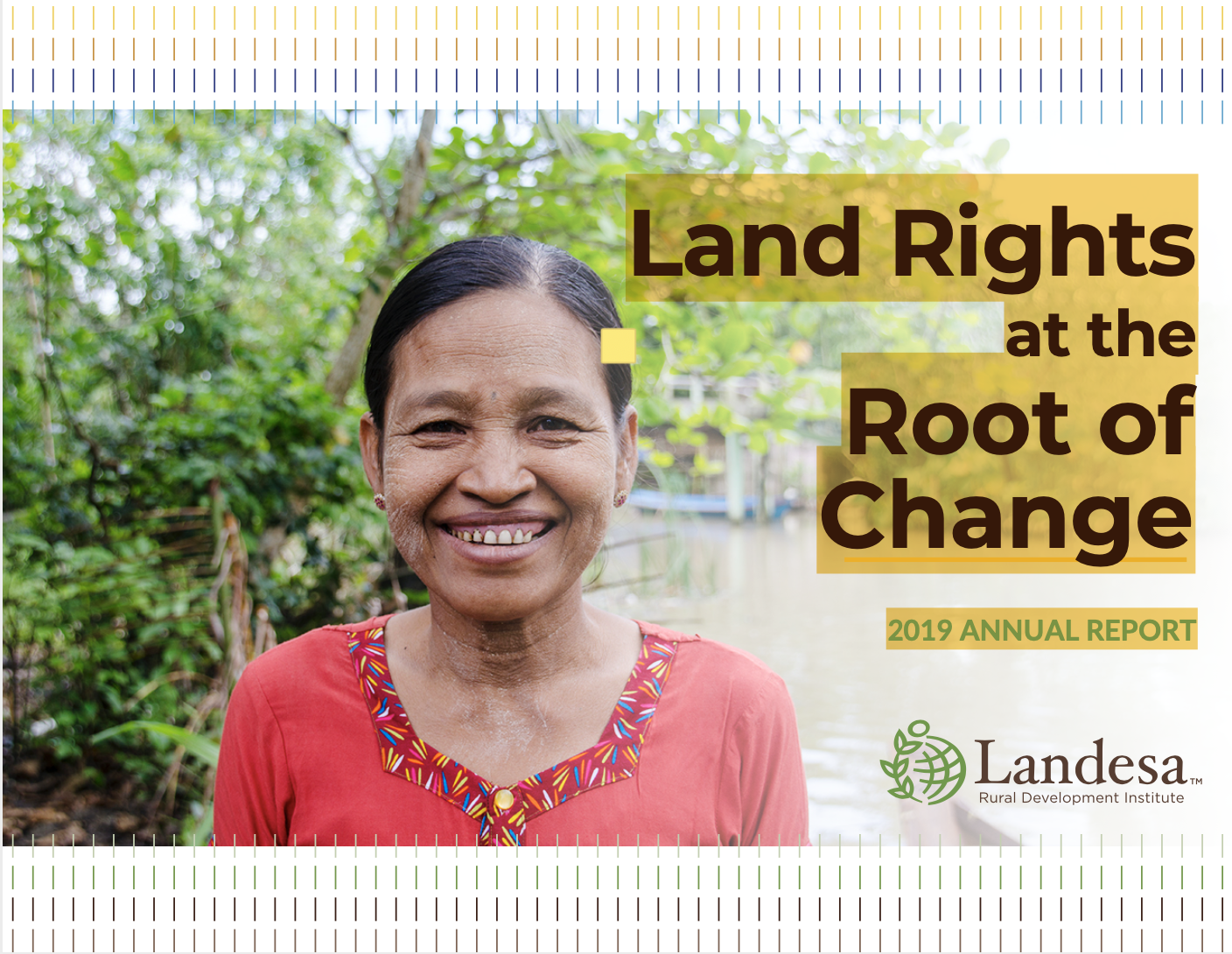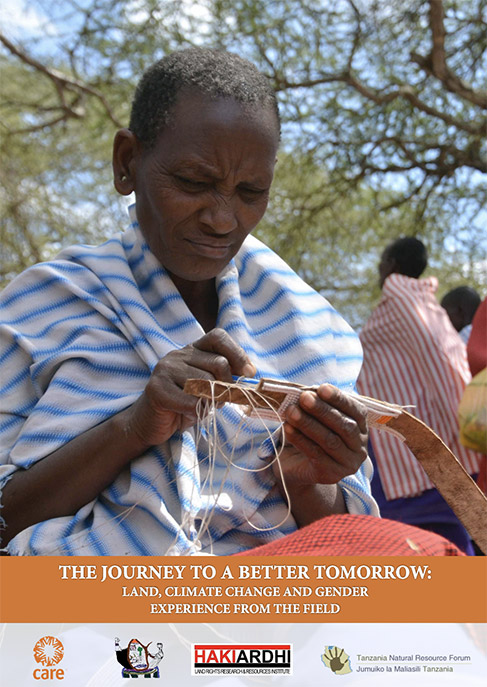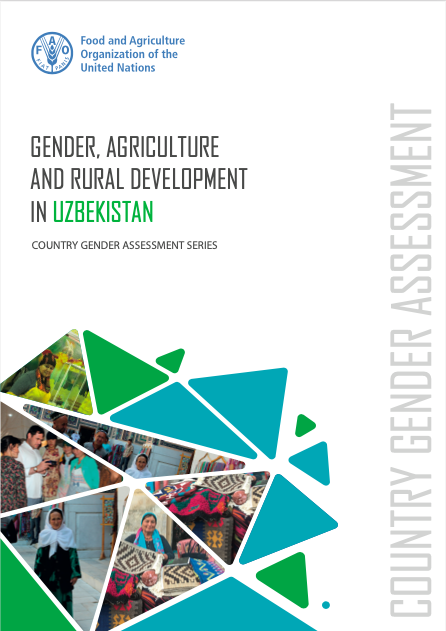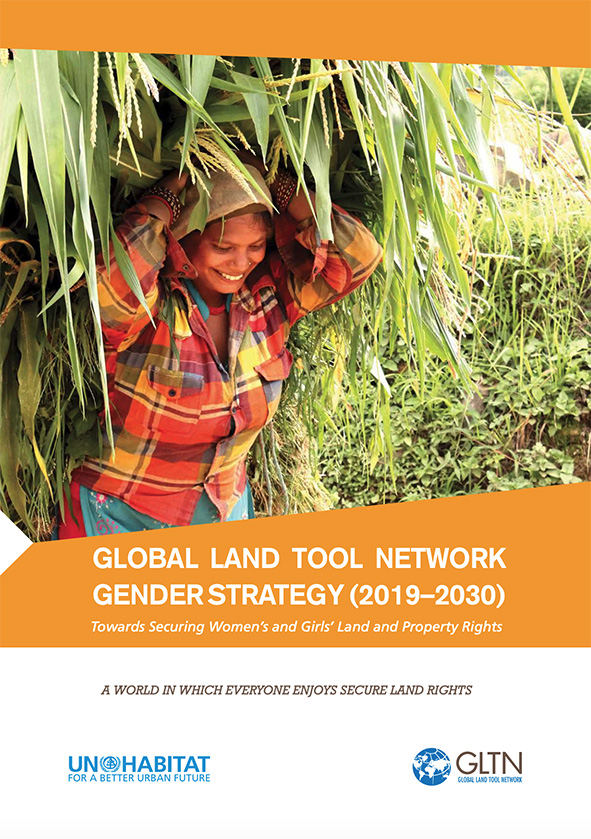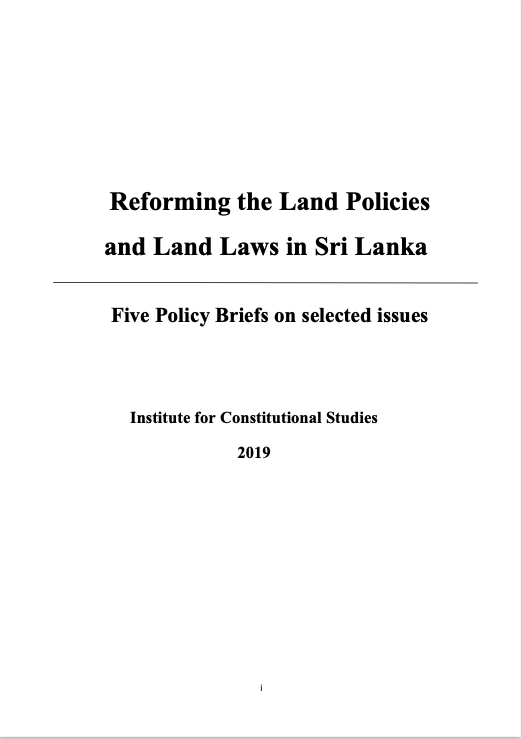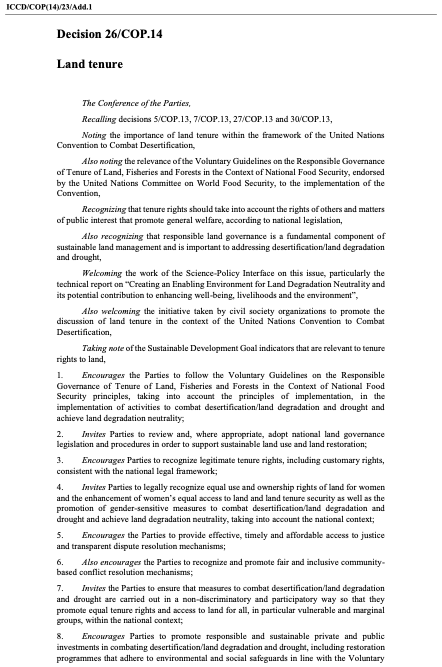Landesa Annual Report 2019
Around the world, land is the foundation of rural life. Perhaps no other asset can equal the transformative power of land to create economic opportunity, boost productivity and food security, and fulfill the promise of fundamental human rights and a life of basic dignity and access to justice.

